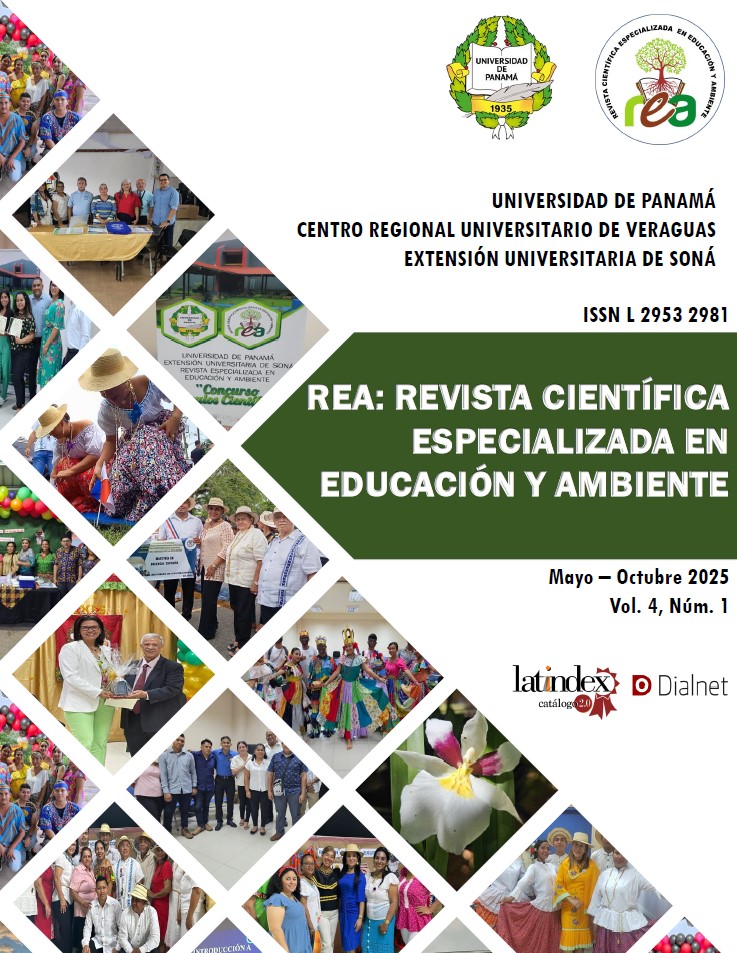

The research aims to determine how neurodidactic strategies influence the development of socio-emotional competencies in 10th-grade students at the Instituto General Tomás Herrera (2022). A non-experimental, descriptive, mixed-method design was used with a sample of 55 students. A 21-question questionnaire was administered with yes, no, and sometimes repeated responses. The instrument's reliability was calculated using Cronbach's alpha coefficient (0.79), indicating good internal consistency (George & Mallery, 2003).
The results demonstrate that neurodidactic strategies positively influence the development of socio-emotional competencies and thinking skills. Stress was identified as the main socio-emotional problem, directly affecting social, emotional, and intellectual development. Furthermore, the need for training in leadership, decision-making, and emotional regulation was evident. It is concluded that the strategies strengthen socio-emotional skills and promote meaningful learning, highlighting their importance in education.